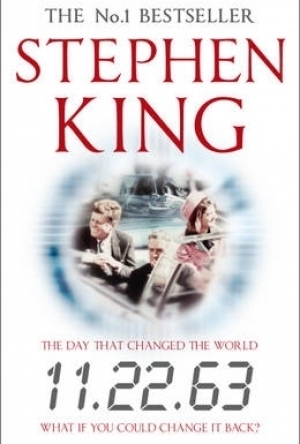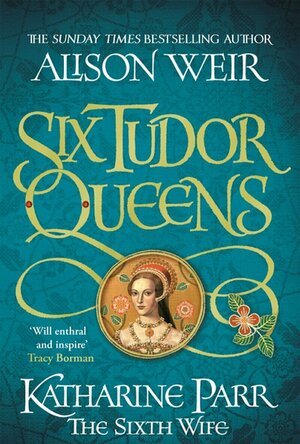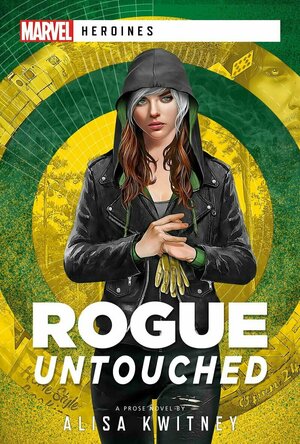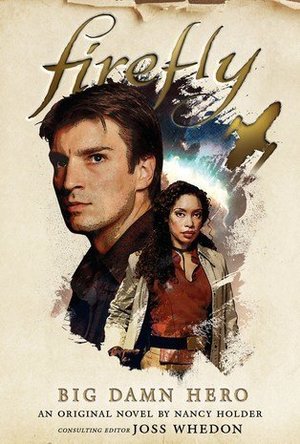
izneo BD Comics Manga
Book, Comics and Entertainment
App
Izneo BD Comics Manga is the best app for French-Belgian comics, with thousands of digital comic...

Skoobe - Die eBook Flatrate
Book and Entertainment
App
For Booklovers: More than 175.000 eBooks & unlimited reading on phones & tablets Find new books...
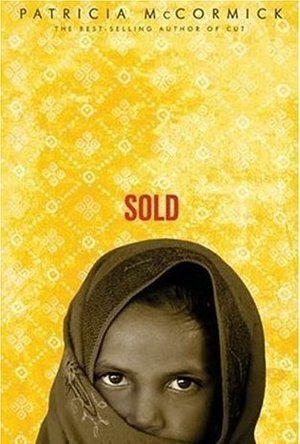
Sold
Book
Taken from Goodreads: Although Lakshmi's family is desperately poor her life still contains simple...
Her Voice Will be on the Side of Right: Gender and Power in Women's Antebellum Antislavery Fiction
Book
Decades before the Civil War, the free American public was gripped by increasingly acrimonious...
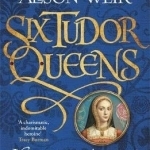
Katherine of Aragon, the True Queen
Book
*A Sunday Times Top Ten Bestseller* Katherine of Aragon: The True Queen by bestselling historian...
I’ve never been able to find myself wanting to read Stephen King, and after a few attempts when I was younger to start one of his novels, I still couldn’t and so until this book I have never finished a Stephen King. I persevered through this one because it had been lent to me by a friend with a good review and I had watched the tv series based on it a few years ago.
The start of this novel was very slow and confused me in a few points (but I think that was intentional as our main character – Jake Epping – was also pretty confused at the same time). But because not much was happening, I kept putting the book down, distracted to do something else and really having to force myself to pick it back up. Once I managed to get to part 2, I found that I was much more interested in the story and the plot line and it wasn’t such a chore to make the time to read it. I then had a difficult time to put the book down, and most nights I was only putting it down because I was falling asleep in the middle of a sentence! I read the last quarter of the book in a day, because I just wanted to know what was going to happen and whether he was going to be able to stop the assassination of John F. Kennedy.
Overall, I found the concept very interesting and not just the time travel. I found the concept of the past not wanting to be changed and actively trying to stop someone from changing it interesting, and sometimes it was quite comical the amount of things that went wrong when Jake was trying to change the past. I did, however, find the ending very disappointing. It felt like it was starting to be set up for a different ending and then at the last minute the author decided to change it completely. It just didn’t seem to fit with the set up of the last chapter or so, but I can see why it was done and that the ending that was being set up wouldn’t work in terms of not changing the past.
A very interesting read, but with a disappointing ending, but I would still recommend it!
Lottie disney bookworm (1056 KP) rated Six Tudor Queens: Katharine Parr, The Sixth Wife in Books
Mar 23, 2021
To Netgalley and Headline, thank you, thank you, thank you!
It is my opinion that Katharine Parr is often the most overlooked of Henry VIII's wives: indeed most novels focus only on her life after becoming Queen. That is why this novel from Alison Weir was simply brilliant.
Weir introduces us to Katharine Parr as a girl, constantly surrounded by family and, after losing her father at a young age, being brought up by her uncle, aunt and her mother who was an attendant to Queen Katharine of Aragon.
The reader instantly falls in love with Katharine, an intelligent, caring child who is acutely aware of her eventual duty to her family but desperately wishes to remain in her carefree days with her siblings.
As we know, Tudor girls married young and Weir explores each of Katharine's four marriages in great detail: combining historical fact and storytelling in the way that only she can.
It struck me that, in three of Katharine's four marriages, she was used as a pawn, marrying for rank, power and connections as was the norm at the time.
However, in every one of these marriages Katharine was able to find love; even when marrying an old overweight Henry, already famous for disposing of numerous wives.
The writing during each of these marriages is rarely emotional: Katharine is a very rational and practical character, only showing real passion for religion. She is even super calm when she believes she is being investigated as a heretic!
It isn't until Katharine's fourth and final marriage that she marries for herself and for love. The passionate relationship between Katharine and Tom Seymour seeps into the writing at this point: introducing jealousy and anger where there has previously been merely a stoic resolve.
The fact that this novel spans the lifespan of Henry's marriages is fitting and really allows Weir to paint a picture of Tudor society throughout the religious reforms and upheavals associated with its monarch.
No one who has read Alison Weir's books before will be surprised that this is yet another success. Together with Philippa Gregory, Weir is a Queen of historical fiction and this novel is only the latest jewel in her crown.
Ross (3284 KP) rated Rogue: Untouched in Books
May 11, 2021
In that film, Rogue is played by the wonderful Anna Paquin, who also starred as Sookie Stackhouse in True Blood. It both helped and confused me that in this book Rogue is waiting tables in a smalltown diner, blurring the lines between Rogue and Sookie for me. I kept expecting a vampire to walk through the diner doors. Instead, we are treated to the superb cajun Gambit, my favourite character from the early 90s cartoon series. He helps Rogue (Anna Marie) to discover that she has some mutant powers and how they could be used.
At the same time, Rogue meets two mysterious ladies who are seeking new students for their academy and encourage her to take a chance and give up her waiting career.
Rogue then finds herself embroiled in Gambit's past exploits with a mutant slave trader and has to quickly learn to use her powers (and those of the mutants around her) to escape their capture.
The book flows well, with plenty of character development for Rogue and a satisfying cast of familiar and new (to me at least!) mutants along the way - including one late reveal that I'm sure all readers will see coming a mile off.
While the book never dragged and the pace was great, I did struggle to get through this book as quickly as I had hoped. This is more down to things going on outwith my reading schedule (stupidly listening to 500 albums, marking professional exams and the kids' school holidays). However, while I can't quite put my finger on anything specific, the book didn't quite drag me back in for a sneaky 10 minutes during the day.
I did enjoy this book, as with some of the other Marvel novels issued recently, and would recommend it to anyone looking for something a bit super-hero-y but in a novel.
I received a free advance copy of this book from the publishers and netgalley in exchange for an honest review.
Joe Goodhart (27 KP) rated Firefly: Big Damn Hero (Firefly #1) in Books
Nov 30, 2020
It's been ages since I read any fan fiction, as so much of it, at the end of the day, was just glorified 'Shipping. It's been almost two months since I have picked up anything (comic or prose) to read, as my wife and I have been through a hellish two months (started with the MS diagnosis, and ended with our 14 year old Mini Schnauzer having to be put to sleep). Long story short, not a whole hell of lot of reading going on my life, as I have been walking around in a fog, caring not one whit about much of anything, including eating or reading.
FIREFLY: BIG DAMN HERO came out on my Kindle November 20th, the day before my 50th birthday (without Lily, our 14 y.o. Mini, no longer with us, it was more like an UnBirthday, as I really felt it was no longer worth celebrating). I read the first two Chapters, or rather, I <i>tried</i>, but they seemed as though I had not when I returned to the book last week.
No matter, for it appeared not to affect my overall satisfaction that the FIREFLY prose novels were off to a very good start indeed! And I was able to focus my attention enough to finish the book in such a quick time!
From beginning to end, we are a presented with a tale of the SERENITY and her crew early in the first Season. Everyone is true to form, from Mal to Wash and Zoë to Simon and River, etc. No one ever seemed out-of-character.
At a base level, this was a Mal-centric story. We gain some backstory into his past, on Shadow, just prior to the War. We are also given an inside track to his inner thoughts, allowing us to gain an even deeper understanding of his character, beyond what we learned in the short-lived TV series and subsequent movie SERENITY.
DOCTOR WHO is a hot mess right now, something I am unable to get behind (after being a fan for almost 48 years). Too many changes, good and bad. Fortunately, though, FIREFLY remains the same, untouched, let to continue as the way it was intended, and I am totally fine with that!
If you love FIREFLY as much as I do, you owe it to yourself to pick this one up!


